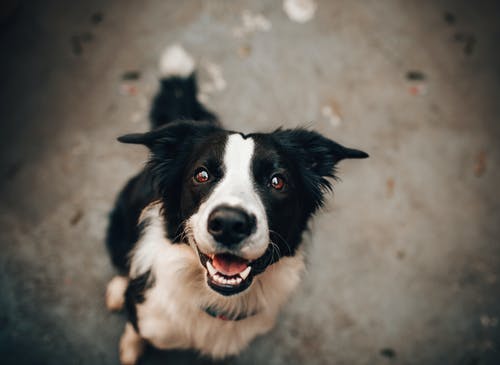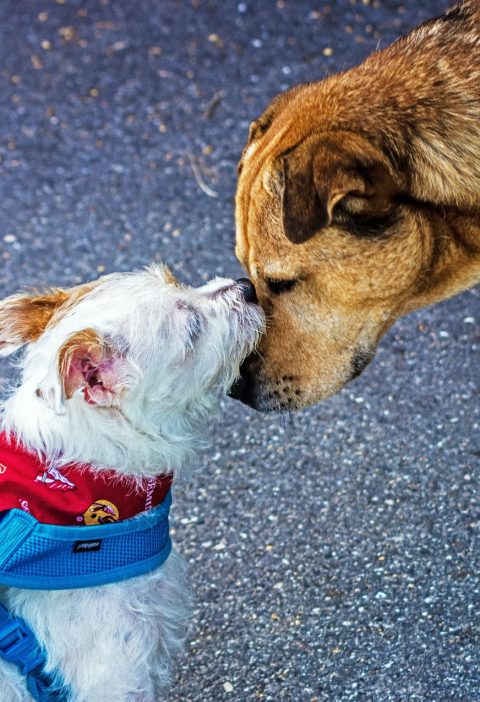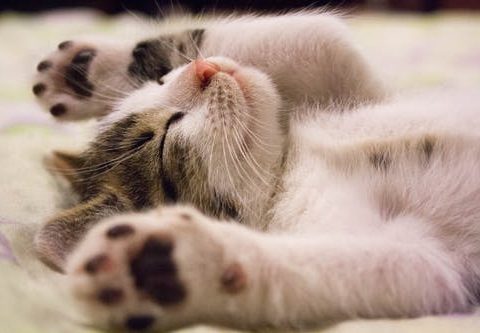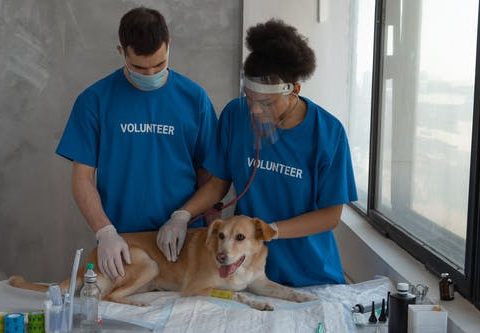Maintaining your cat’s oral health is about more than simply giving them a dazzling look; it is essential to their overall health and happiness. Oral health problems in senior cats are a significant source of discomfort, but they can also be the beginning of a host of other medical conditions and have a devastating effect on your cat’s quality of life.
As natural predators, they are aware that the sick and the weak become their prey; thus, it is in their nature to hide any symptoms of weakness. This trait makes it hard to recognize when your cat is ill.
Old Cats and Their Dental Issues
Age itself is inevitable, but illness and suffering are not. Your goal as a caring cat owner should be to aid in your cat’s natural aging process and to detect any issues early on. In this manner, you can avoid a life-threatening illness for your cat. As a cat owner, you should know about some of the most prevalent dental health issues that might arise in an older cat.
1. Gingivitis
Gingivitis is a common dental health concern, and while you may have only associated it with humans, it may just as quickly affect your pet. Plaque buildup over time is the primary cause of gingivitis, primarily affecting senior cats. Plaque bacteria migrate slowly to the gums, triggering an inflammatory response from your cat’s immune system.
On the other hand, it’s important to note that various circumstances can also trigger gingivitis. The feline leukemia virus and diabetes are two examples. You can visit a pet clinic for dental assessment if you suspect your pet has gingivitis or other dental ailments.
2. Periodontitis
Another typical dental issue in senior cats is periodontitis, which develops from gingivitis. As plaque builds up, it inflames the gums and bones that support your pet’s teeth. Loss of teeth may result if not treated.
Your veterinarian will examine your pet’s mouth and teeth as part of a comprehensive physical examination to look for signs of periodontitis. Anesthesia-induced x-rays of the jaw are also used to evaluate the jawbone and teeth’s supporting structures to detect the extent of any bone damage.
If you ought to learn more about it, you can read blog posts and articles online concerning periodontitis and its treatment.
3. Tooth Resorption
Up to 75% of cats aged five or older suffer from tooth resorption, a painful dental condition. Dentin, a bony material that makes up much of a tooth’s structure, is eroded and destroyed. Extreme pain and eventual tooth loss are possible outcomes for cats experiencing this.
As of yet, dental resorption’s root cause is still unknown. Though several hypotheses have been proposed to explain tooth resorption, such as an excess of vitamin D in cat food, further study is required to identify the precise etiology of this agonizing ailment.
4. Stomatitis
Stomatitis is the next most prevalent oral issue in senior cats. Chronic inflammation of the mouth tissues in cats is the root cause of this unpleasant illness. In addition to the gums, the tissue around the teeth and in the back of a cat’s mouth can get infected with this disease. Chronic gingivostomatitis in cats is another name for stomatitis.
We don’t know what causes stomatitis in cats. There is no definitive scientific explanation now; however, it may result from an immune reaction to feline calicivirus or another immune-affecting virus.
5. Oral Tumors
Oral tumors are the fourth most frequent type of tumor affecting cats; unfortunately, most are cancerous. If your pet has squamous cell carcinoma, the most prevalent type of tumor, you should act quickly to diagnose and treat it, so it has the best possible chance of survival.
Several factors increase the risk of cancer in pets. However, cigarette smoke, flea collars, and even canned cat food have all been suspected of an increased risk of squamous cell carcinoma.
For tumor removal, you need to get in touch with a vet surgeon to perform the procedure.








